
Roger Ebert, the legendary film critic, was a titan of movie commentary, known for his sharp wit, incisive observations, and an uncanny ability to cut straight to the heart of what made a film tick—or utterly fall apart. He wasn’t just reviewing movies; he was having a conversation with millions, guiding us through the cinematic landscape with his trademark candor. While he championed countless masterpieces across every genre imaginable, his disdain for certain cinematic misfires was equally legendary, especially when it came to science fiction.
The sci-fi genre, with its boundless potential for imagination, world-building, and philosophical inquiry, often presented a double-edged sword for Ebert. When done right, these films could transport, challenge, and inspire. But when they veered off course, oh boy, did they crash and burn spectacularly. From baffling plots to wooden performances, from overwhelming visual effects that masked narrative emptiness to just plain bad filmmaking, Ebert had a special knack for dissecting the precise ways these futuristic fantasies went awry.
So, buckle up, fellow cinephiles! We’re embarking on a journey through the sci-fi hall of shame, as illuminated by the man who saw it all. We’re talking about the films that didn’t just miss the mark; they launched themselves into an entirely different galaxy of cinematic disappointment. Here’s a look at five sci-fi flicks that truly earned Roger Ebert’s critical scorn, proving that even the most ambitious visions can sometimes devolve into a special kind of cinematic chaos.
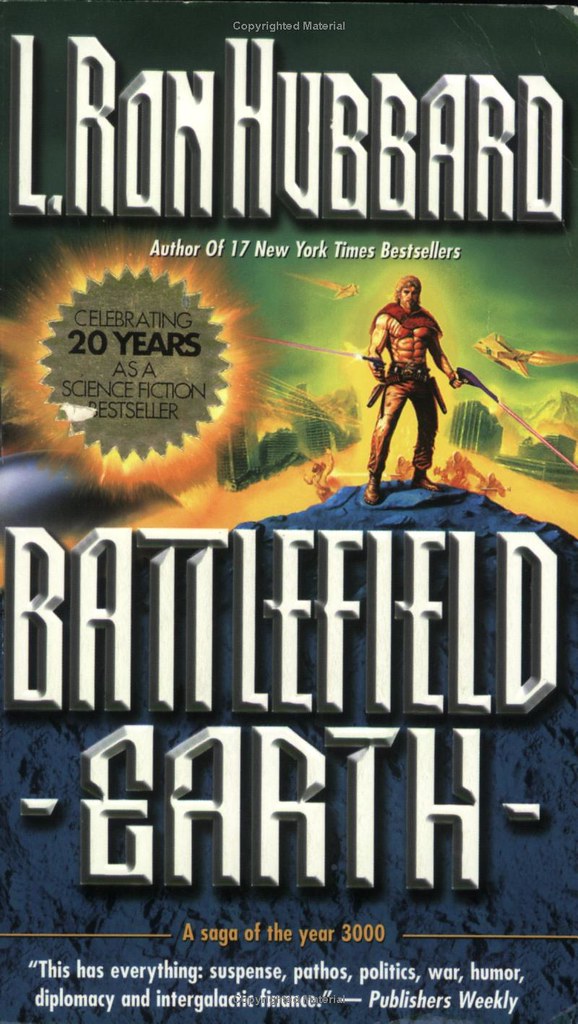
1. **Battlefield Earth (2000)**This isn’t just a movie; it’s a cinematic legend for all the wrong reasons. Roger Ebert famously lambasted “Battlefield Earth” as “not merely bad; it’s unpleasant in a hostile way,” a statement that perfectly encapsulates the film’s reputation as one of the most infamous flops in sci-fi history. He also described it as “a million laughs” for all the wrong reasons, immediately signaling to audiences that this was a spectacle of unintentional comedy rather than a serious sci-fi epic.
The film, set in a dystopian future where Earth is enslaved by an alien race called the Psychlos, truly stretched the boundaries of credulity. Starring John Travolta in an outlandish, over-the-top performance as the villainous alien Terl, the movie became a bizarre spectacle. Travolta’s portrayal was not only a sight to behold but also a significant source of the film’s unintended humor, making it memorable for its sheer audacity and bizarre character designs that Ebert specifically criticized.
Ebert’s review highlighted the absurdity of its dialogue, which often veered into the nonsensical, and the illogical sequence of events that left audiences utterly bewildered. Despite its ambitious premise – the survival of humanity against alien overlords – the film’s execution was plagued by poor special effects that struggled to bring its dystopian vision to life. The convoluted script added another layer of confusion, making it a textbook example of how *not* to adapt a novel for the big screen.
“Battlefield Earth” transformed what could have been a thrilling adventure into a cinematic train wreck, cementing its legacy in Hollywood’s hall of shame. It’s almost a rite of passage for film buffs to witness its peculiar charm. A truly fun fact, though perhaps not for the filmmakers, is that the movie earned multiple Razzie awards, which only further solidified its place as one of the biggest blunders in cinematic history, a point of agreement for many critics and viewers alike.
Read more about: John Travolta: Beneath the Smile, A Deep Dive into Decades of Controversy and Shady Allegations
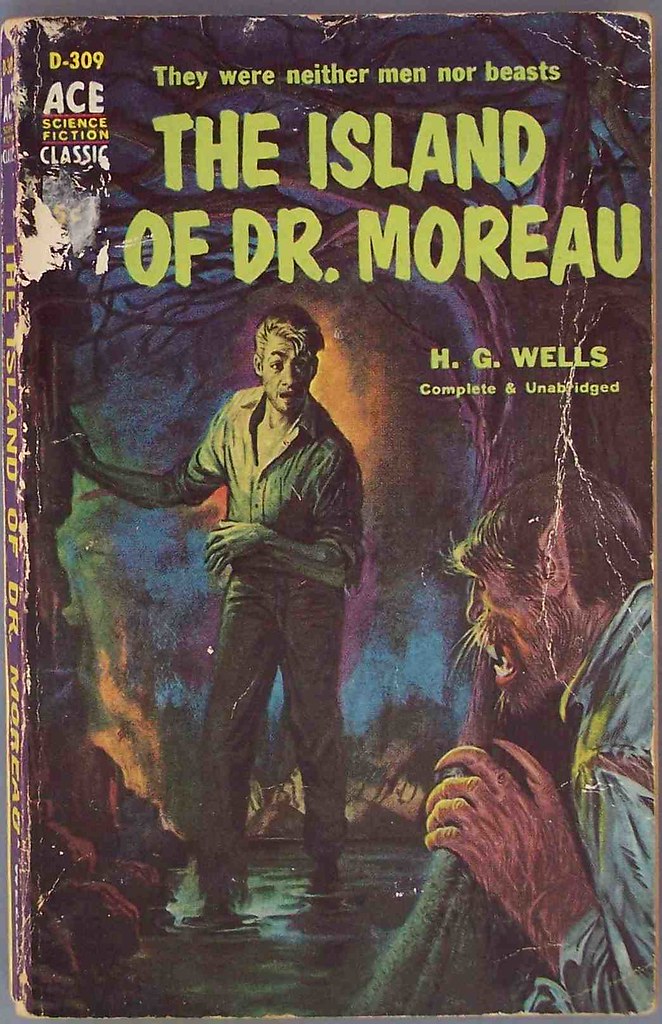
2. **The Island of Dr. Moreau (1996)**Oh, “The Island of Dr. Moreau”! This adaptation of H.G. Wells’ classic novel had all the ingredients for a gripping tale of genetic manipulation, yet it unraveled into pure incoherence, much to Roger Ebert’s dismay. His review of the film was as colorful and chaotic as the movie itself, finding it to be a mishmash of bizarre performances. He noted that the film “loses its way early and never recovers,” capturing its descent into disarray.
The film is set on a remote island where the titular Dr. Moreau, portrayed by Marlon Brando in a particularly peculiar and eccentric role, conducts unethical experiments, creating human-animal hybrids. Brando’s performance was singled out by Ebert as particularly noteworthy for its sheer oddity. Instead of a captivating island setting, it served as a chaotic backdrop to a series of unexplained events, leaving audiences bewildered rather than enthralled by its potential.
Ebert was particularly critical of its disjointed storyline, which struggled to maintain any sense of narrative consistency, and the glaring lack of coherent character development. The film descended into a chaotic blend of bizarre imagery and muddled storytelling, making it difficult for viewers to connect with the plight of its characters or the film’s thematic intentions. This adaptation struggled immensely to find its footing, ultimately failing to deliver on its intriguing premise.
Interestingly, the movie’s troubled production is almost as legendary as the film itself. Stories of creative differences and directorial changes, alongside famous on-set tension, especially between Brando and co-star Val Kilmer, seemed to spill directly onto the screen, resulting in the chaotic narrative that Ebert observed. Despite its compelling source material, the execution was severely marred by these behind-the-scenes problems, translating into an ultimately incoherent cinematic experience that remains infamous.
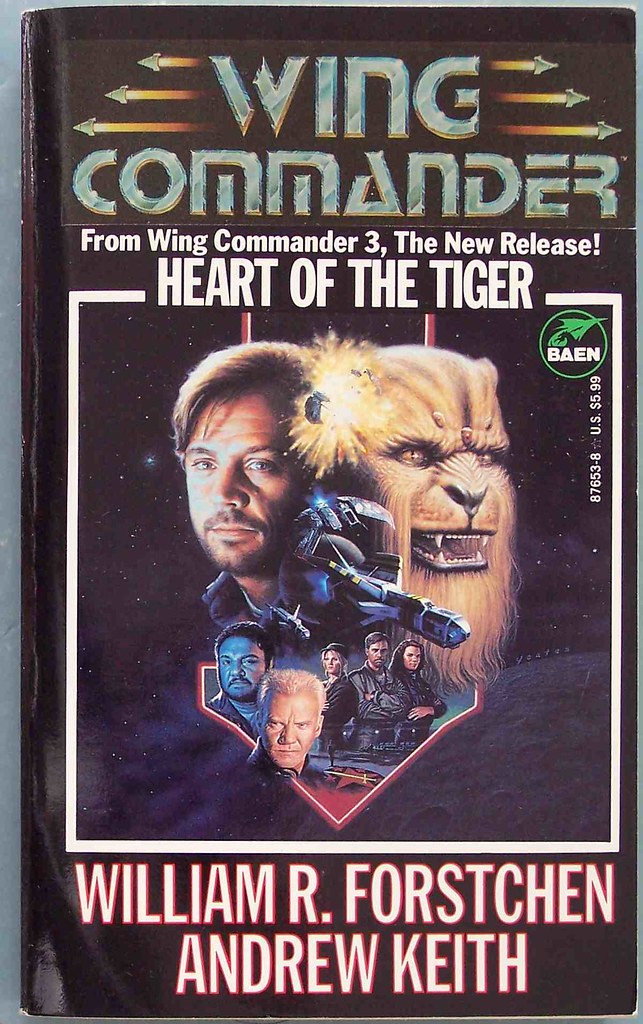
3. **Wing Commander (1999)**For fans of the popular video game series, “Wing Commander” promised a thrilling leap from console to big screen, but unfortunately, it crash-landed hard. Roger Ebert awarded it a mere 1 star, famously stating he found “more drama in a video game cutscene,” which is a pretty damning indictment for a film based on a game. He critically noted its lackluster special effects and uninspired performances, making it clear this wasn’t the epic space adventure audiences hoped for.
Starring Freddie Prinze Jr., the film follows a group of space pilots battling against an alien race known as the Kilrathi. However, Ebert found the movie sorely lacking in excitement and depth, observing that the script felt more like a series of tired clichés than a compelling narrative. The film truly struggled to bring its expansive universe to life, relying heavily on these predictable tropes rather than innovative storytelling to engage its audience.
The absence of innovative visual effects was a stark contrast to the vibrant and immersive experience offered by the video game, leaving both long-time fans and newcomers equally disappointed. Ebert pointed out that the film took itself far too seriously, missing crucial opportunities for humor or creative storytelling that could have significantly elevated its appeal. This serious tone, coupled with the lack of depth in character development and narrative cohesion, was glaringly evident.
Ultimately, Ebert’s critique underscored the film’s inability to rise above mediocrity. Its action-packed premise, full of potential for thrilling space battles, was overshadowed by predictable outcomes, turning it into a missed opportunity in the sci-fi genre. A notable trivia tidbit is that the film’s director, Chris Roberts, also created the original game series, making its cinematic failure all the more perplexing and disappointing for many.
Read more about: The Purchase They’d Erase: 15 Cars Owners Want to Take Back

4. **The Avengers (1998)**Hold your horses, Marvel fans! We’re not talking about Earth’s mightiest heroes here. The 1998 film “The Avengers” is a completely different beast, and it left a lasting, rather unpleasant, impression on Roger Ebert for all the wrong reasons. He lambasted its confusing plot and highlighted its poor adaptation of the beloved British TV series it was based on, a critical blow for any film trying to revive a classic.
Starring Ralph Fiennes and Uma Thurman as secret agents, the movie ambitiously attempted to blend classic espionage with fantastical elements. However, it utterly fell short in delivering a coherent story, leading to the confusing narrative Ebert pointed out. The film’s surreal visuals and quirky gadgets, while perhaps visually distinct, were completely overshadowed by its significant narrative flaws and an uneven pacing that made the viewing experience a disjointed one.
Ebert found the chemistry between the two lead actors notably lacking, which is a major stumbling block for any film relying on an agent duo. Furthermore, the villain, played by Sean Connery, was criticized for his distinct lack of menace, failing to provide the compelling antagonist needed to drive a thrilling spy plot. This combination of factors meant the film struggled to engage audiences on an emotional or intellectual level.
Despite boasting a talented cast, “The Avengers” was unable to capture the charm, wit, and distinctive style of its source material, resulting in a cinematic experience that was largely forgettable. Its failure is often cited as a cautionary tale within Hollywood, a stark reminder of the complexities and pitfalls involved in trying to adapt beloved television shows into feature films, especially when the core essence gets lost in translation.
Read more about: Scarlett Johansson’s Unforgettable Journey: Her Groundbreaking Career, Personal Triumphs, and Life with Colin Jost
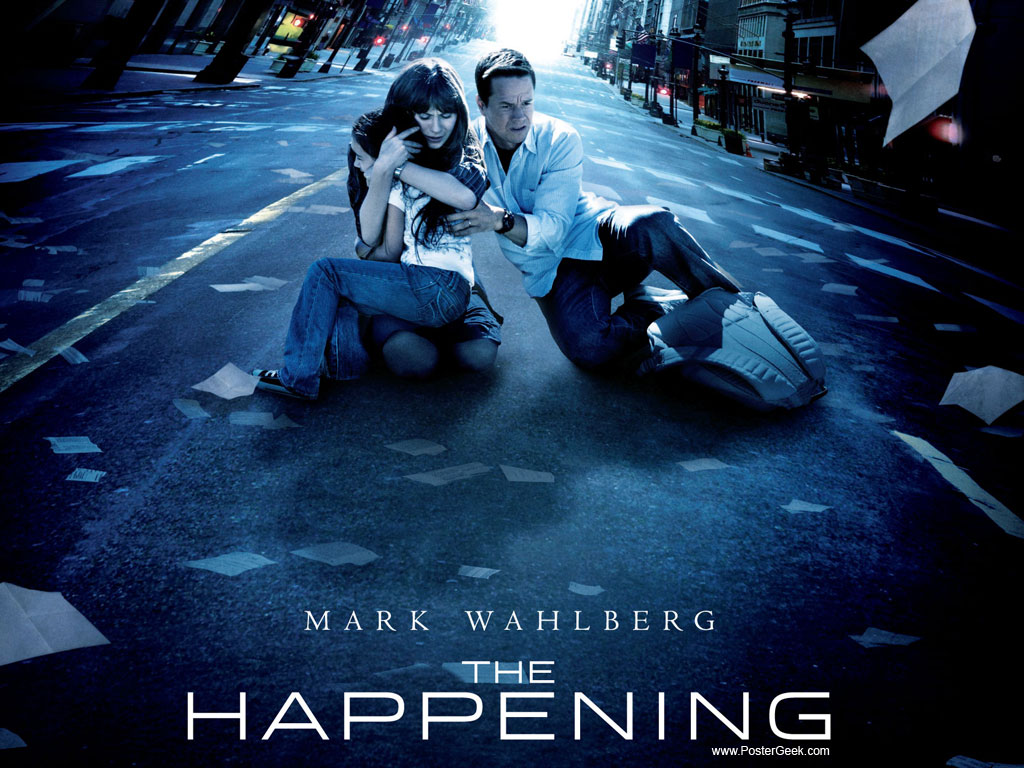
5. **The Happening (2008)**M. Night Shyamalan’s “The Happening” arrived with a premise designed to chill us to the bone: an unseen natural disaster causing mass suicides. Yet, according to Roger Ebert, it instead delivered an abundance of unintentional comedy due to its deeply flawed dialogue and bizarre premise. This was a film that aimed for suspense but landed firmly in awkward humor, a distinction that Ebert keenly observed.
Mark Wahlberg stars as a science teacher attempting to navigate this apocalyptic scenario and survive with his family. Ebert was quick to highlight the film’s stark lack of logic and emotional depth. He noted that its earnest attempt to convey environmental messages fell entirely flat, failing to resonate with the audience due to its perplexing execution. The movie struggles to handle fear and suspense, leading to a strange viewing experience.
The awkward dialogue and noticeably stilted delivery from the cast did little to engage audiences, often making what should have been suspenseful or terrifying moments feel unintentionally amusing. Despite its ambitious concept—a mysterious neurotoxin affecting human behavior—the execution was riddled with narrative inconsistencies that actively undermined the film’s tension, leading to its infamous reputation for being unintentionally funny.
A curious note is that the film is frequently referenced for these unintentionally comedic moments, particularly Mark Wahlberg’s perpetually perplexed expressions, which quickly became a meme sensation. “The Happening” tries earnestly to be a thrilling exploration of nature’s wrath, but it ultimately ends up confusing and amusing audiences instead, a testament to its earnest yet fundamentally misguided approach to serious storytelling.
Okay, deep breath, fellow film fanatics! We’ve already explored some truly legendary cinematic face-plants in the sci-fi genre, as illuminated by the one and only Roger Ebert. But hold onto your popcorn, because our journey through the annals of sci-fi disappointment is far from over. Ebert’s critical radar was finely tuned, and he had plenty more to say about films that, despite their grand ambitions, just couldn’t quite stick the landing.
Let’s pick up where we left off, diving into another five entries that, for various reasons, earned a less-than-stellar review from the master critic himself. Prepare for more perplexing plots, questionable choices, and an ample dose of that classic Ebertian wit. This is where big ideas often go to get thoroughly, and sometimes hilariously, tangled.
Read more about: Horror-ble Fun: 17 Terrible Scary Movies So Bad They’re a Screaming Good Time

6. **The Postman (1997)**Ah, Kevin Costner in a post-apocalyptic world, delivering hope one letter at a time! Sounds epic, right? Well, not quite, according to Roger Ebert. He wasn’t shy about calling “The Postman” overly sentimental and sorely lacking in originality. This wasn’t the grand, inspiring vision it desperately wanted to be, but rather a meandering three-hour cinematic endurance test.
Costner, pulling double duty as both director and star, certainly bit off more than he could chew. The film, set in a desolate future where a drifter assumes the symbolic role of a postman to rebuild society, suffered from a truly sluggish pace. Its narrative felt uneven, struggling to maintain any semblance of sustained interest across its ambitious runtime. The earnest attempt to convey a message of hope often got lost in a sea of melodramatic tones and dialogue that felt, let’s just say, a little too familiar.
Ultimately, for all its grandiose aspirations, “The Postman” simply fell short of becoming the inspiring tale it yearned to be. It landed squarely on Ebert’s list of disliked sci-fi films, a testament to its melodramatic pitfalls. And here’s a fun fact, though perhaps not for the filmmakers: the movie racked up several Razzie Award nominations, which pretty much seals its fate in the realm of divisive cinematic experiences.
Read more about: Burt Reynolds, Enduring Icon of Film and Television, Dies at 82, Leaving a Legacy of Charisma and Depth

7. **Battle: Los Angeles (2011)**If you’re looking for relentless action, “Battle: Los Angeles” certainly delivers on the “relentless” part, but Roger Ebert wasn’t convinced it brought much else to the table. He famously pegged it as a “noisy, mindless action flick,” a descriptor that perfectly captures its high-octane, low-substance approach to an alien invasion. Get ready for marines, explosions, and… well, mostly just more explosions!
The film throws us right into the thick of an alien invasion in Los Angeles, following a group of Marines led by Aaron Eckhart. While the combat was intense, it often felt repetitive, quickly blurring into a series of indistinguishable skirmishes. Ebert pointed out the glaring absence of character development, leaving audiences with little reason to invest emotionally in the plight of these soldiers. The dialogue didn’t help either, frequently resorting to military jargon and clichés that added exactly zero depth to an already thin story.
Despite its impressive visual effects, which were certainly plentiful, “Battle: Los Angeles” ultimately delivered a disjointed and unsatisfying experience. It tried to blend war drama with sci-fi elements but struggled to create any meaningful emotional impact. The movie was a prime example of prioritizing spectacle over storytelling, proving that even the most advanced CGI can’t compensate for a lack of heart and narrative substance.
Read more about: 17 Movies So Boring You’d Rather Watch Paint Dry
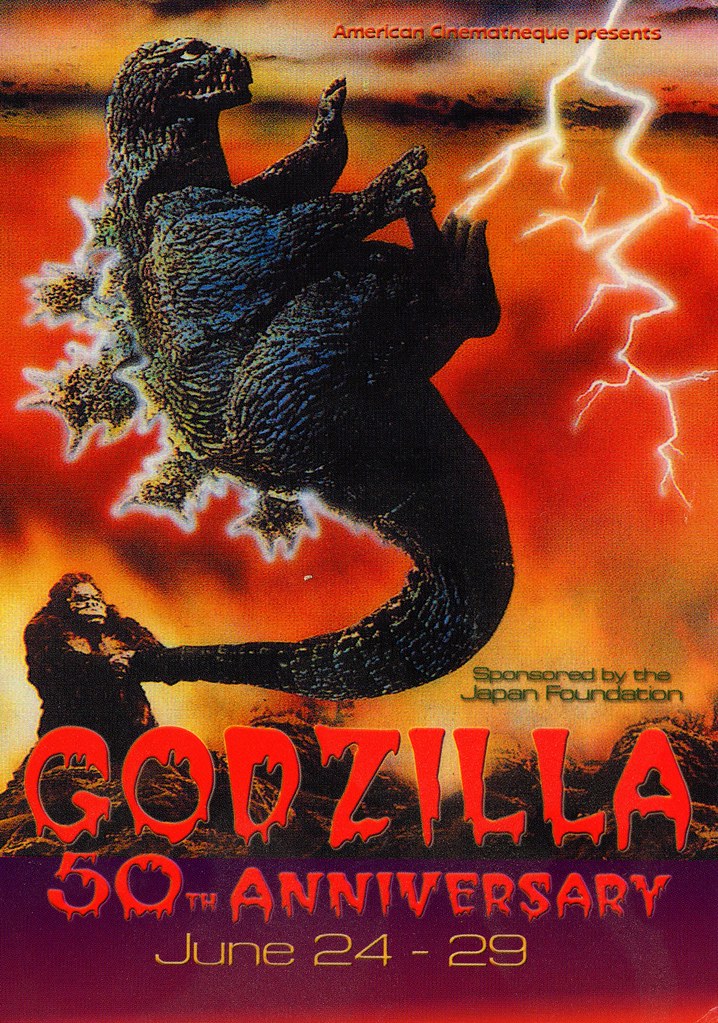
8. **Godzilla (1998)**Hold onto your monster-sized hats, because we’re talking about the 1998 American remake of “Godzilla”! This isn’t the beloved Japanese titan many remember; instead, Roger Ebert dubbed it a “big, ugly, loud movie with no heart.” Directed by the master of disaster, Roland Emmerich, this reimagining saw Godzilla as a giant iguana wreaking havoc on New York City, a creative choice that famously ruffled many feathers.
Ebert’s critique cut deep, lamenting the film’s significant lack of suspense and meaningful character development. He felt that the human characters were utterly dwarfed and overshadowed by the sheer spectacle of destruction, turning them into mere bystanders in their own story. While the special effects were undeniably impressive for the time, they simply couldn’t compensate for a storyline that felt weak and dialogue that, let’s be honest, often missed the mark.
Adding insult to injury, Ebert also found the movie’s attempts at humor strangely misplaced, which only served to detract from any tension a Godzilla film should inherently possess. Despite its hefty commercial success at the box office, the film was widely panned by critics and long-time fans for straying too far from the essence of its iconic source material. And in a fun, if slightly cheeky, nod to Ebert, a character named Mayor Ebert even appeared in the film, portrayed as a somewhat bumbling politician – a definite wink that perhaps acknowledged the film’s divisive reception!
Read more about: 18 Popular ’90s Movies That Are Secretly Awful
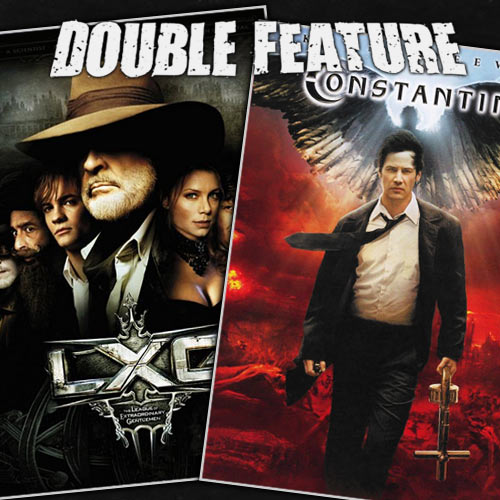
9. **The League of Extraordinary Gentlemen (2003)**Imagine a superhero team-up, but with classic literary characters like Allan Quatermain, Captain Nemo, and Dr. Jekyll/Mr. Hyde. Sounds like a winning concept, right? “The League of Extraordinary Gentlemen” certainly had an intriguing premise, but Roger Ebert felt it utterly failed to capitalize on its potential. He found the movie riddled with frustrating narrative inconsistencies and action sequences that were anything but thrilling.
Sean Connery led this ambitious ensemble as Allan Quatermain, tasked with saving the world from a sinister plot. However, the film suffered from a truly convoluted plot and characters that felt underdeveloped, barely scratching the surface of their rich literary origins. The special effects, instead of enhancing the story, often felt like they were actively overshadowing it, leading to a visually cluttered and rather confusing experience for the audience.
Ebert rightly noted that the movie missed a golden opportunity to explore the unique dynamics and fascinating interactions between its diverse characters, opting instead for clichéd exchanges that lacked depth. The film’s lackluster reception marked a particularly disappointing moment in cinematic history, as it became Sean Connery’s final live-action role before his retirement. What could have been a thrilling adventure unfortunately devolved into a muddled and forgettable affair, proving that a great concept needs a great execution to truly shine.
Read more about: Remembering Sir Sean Connery: An In-Depth Look at the Enduring Legacy of a Cinematic Titan
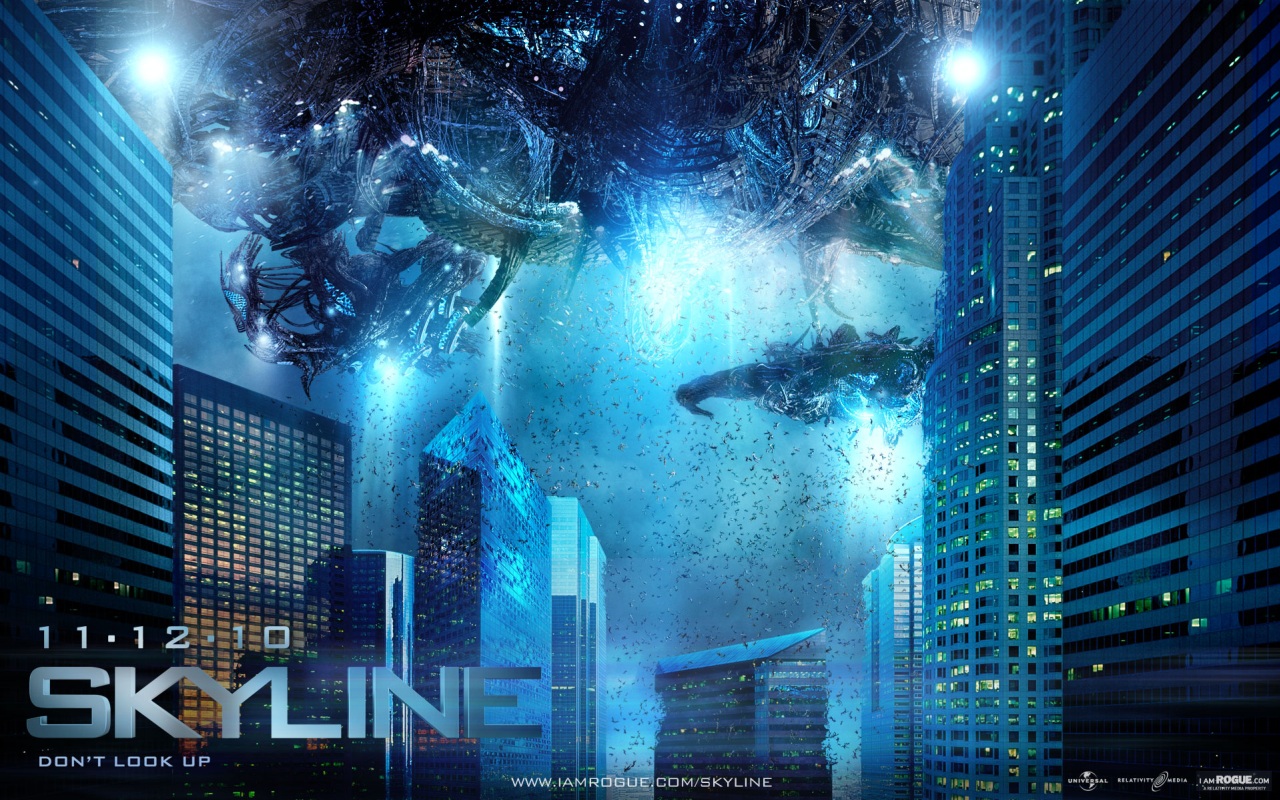
10. **Skyline (2010)**Get ready for an alien invasion film that, according to Roger Ebert, was “a visual spectacle without substance.” “Skyline” certainly aimed high with its ambitious special effects, but as Ebert astutely observed, it desperately lacked a compelling story to anchor all that impressive visual wizardry. It’s the kind of movie that promises epic destruction but leaves you feeling strangely unfulfilled.
The film plunges us into the chaos as a group of friends in Los Angeles wake up to find humanity being sucked up into massive alien spacecrafts. However, the intriguing apocalyptic premise quickly gives way to shallow characters that are hard to care about and a narrative that barely registers. Ebert was critical of the film’s heavy reliance on CGI, which, instead of drawing audiences in, often felt like a barrier to any genuine emotional connection. The pacing was uneven, turning what should have been tense action scenes into sequences that felt more akin to a video game than a cinematic experience.
“Skyline” truly stands as a cautionary tale in the world of sci-fi filmmaking. It powerfully demonstrates that while dazzling visuals can certainly grab attention, they simply cannot salvage a film that lacks heart, imagination, and a coherent, engaging plot. Sometimes, less is more, especially when you’re trying to build a world that truly resonates with an audience beyond just its explosions.
### The Unforgettable Impact of Ebert’s Critiques
Our journey through Roger Ebert’s most scathing sci-fi critiques has been quite the ride, hasn’t it? From convoluted plots and wooden performances to overwhelming visual effects that mask narrative emptiness, these films, as Ebert so expertly dissected, offer a fascinating glimpse into the pitfalls of ambitious filmmaking. He wasn’t just pointing out flaws; he was championing storytelling, logic, and genuine emotional resonance in a genre that often prioritizes spectacle.
Ebert’s reviews, even when brutally honest, always came from a place of deep respect for cinema and its potential. He saw the boundless imagination of science fiction as a double-edged sword: capable of transporting us to new worlds or, as these ten films prove, trapping us in a galaxy of cinematic disappointment. His impactful critiques didn’t just tell us what to avoid; they taught us to look deeper, to demand more from the stories we consume, and to appreciate the artistry required to truly make a film tick.
Whether a film soared to the stars or crash-landed spectacularly, Roger Ebert’s voice remained a beacon of insightful, witty, and profoundly human commentary. His legacy reminds us that even when movies go wrong, there’s always something to learn, a conversation to be had, and perhaps, a good laugh to be shared at the expense of a truly perplexing cinematic endeavor.



